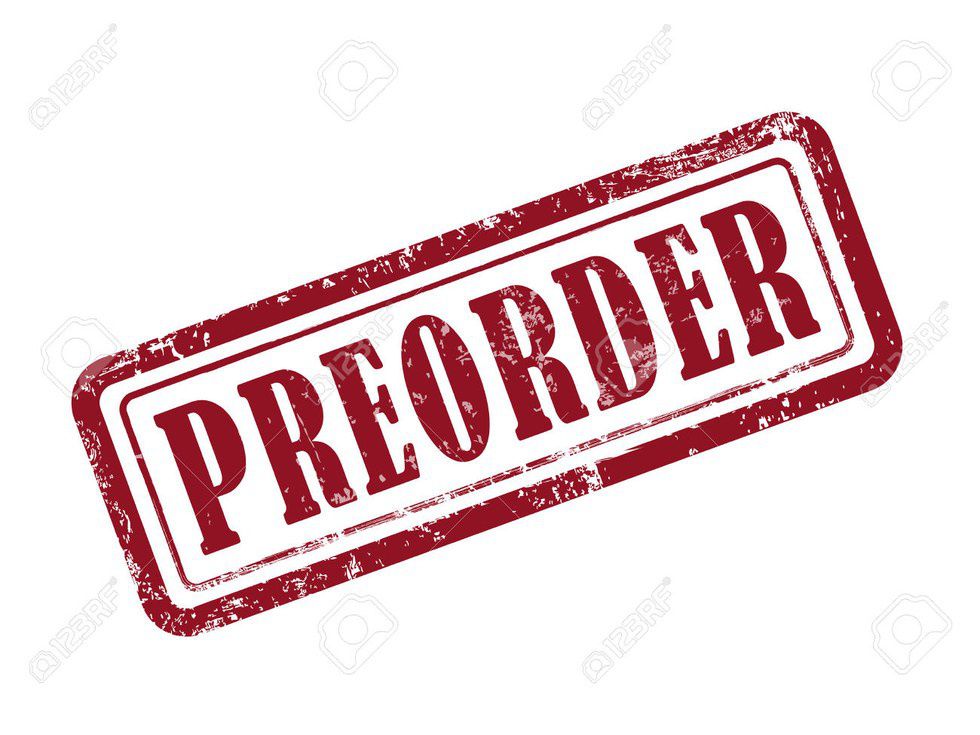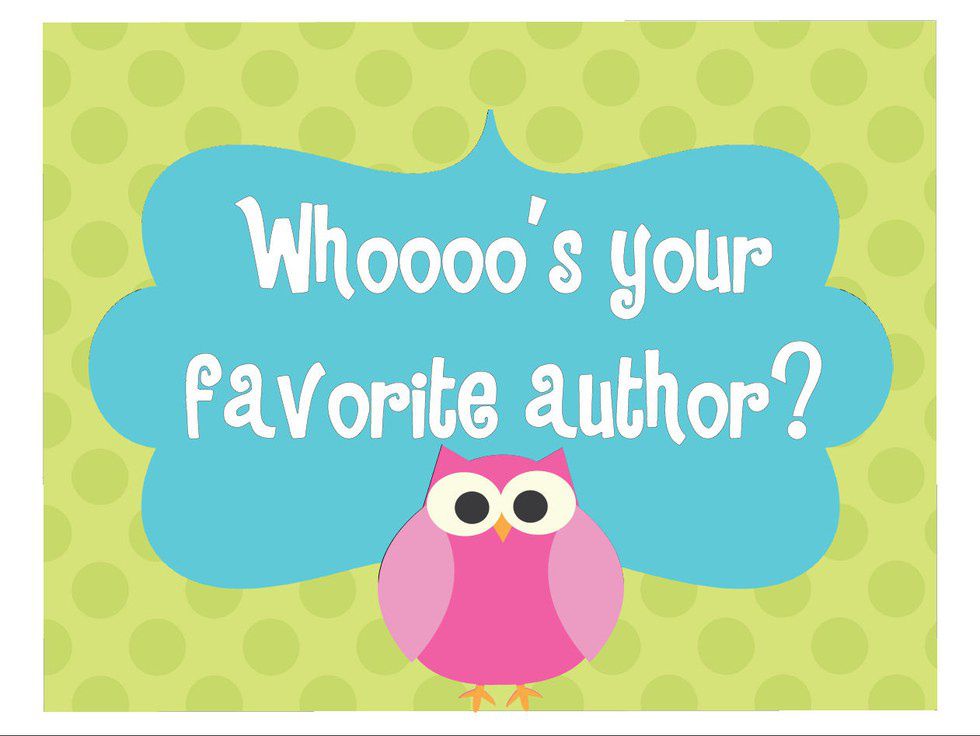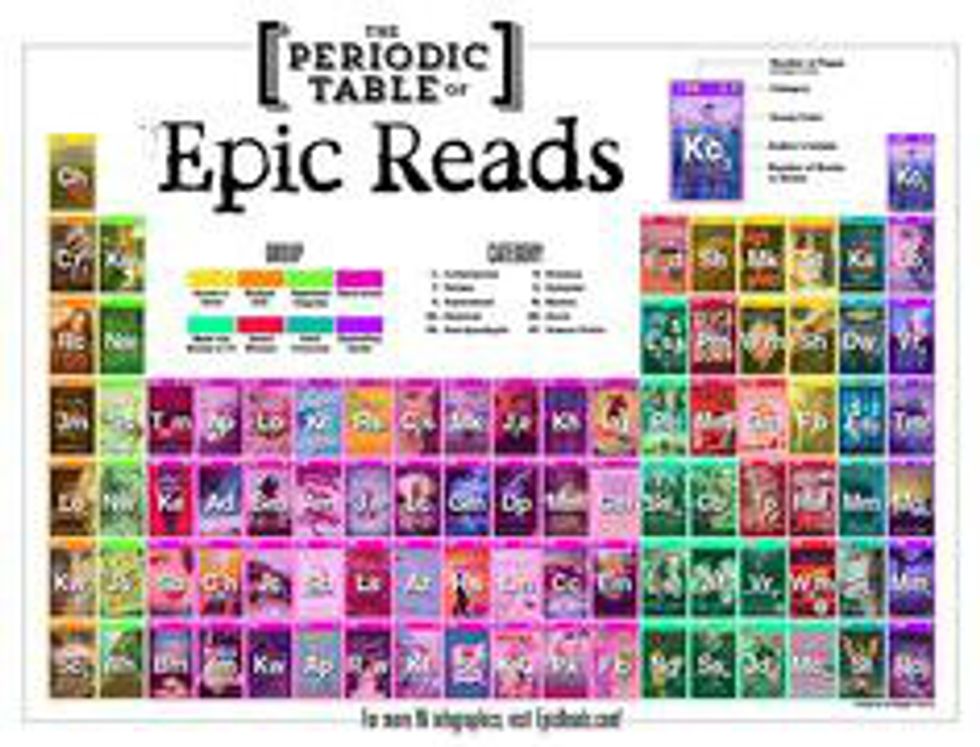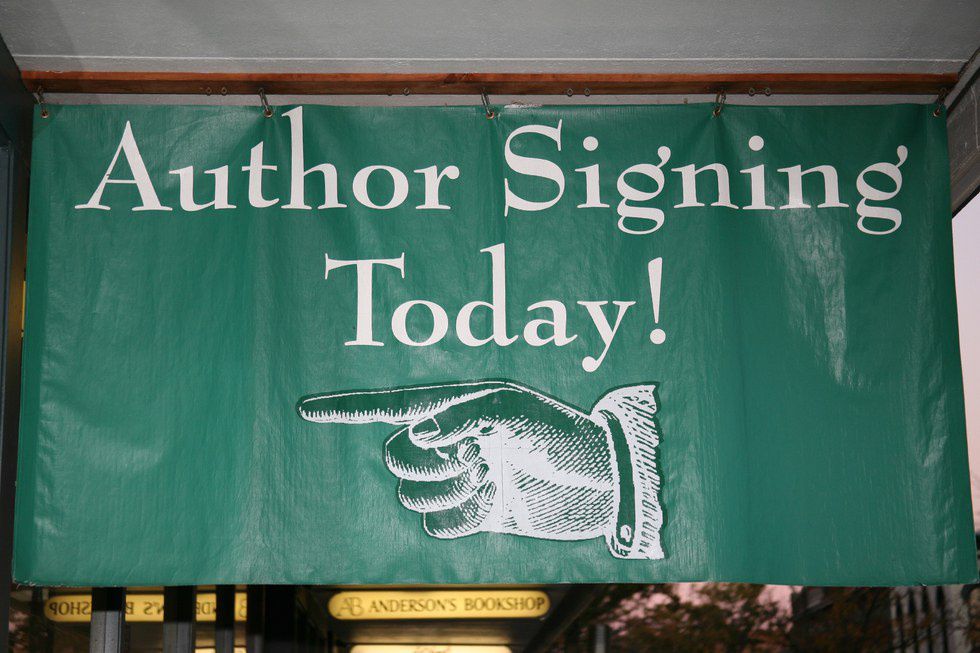As an avid reader, I know many of my friends and family would like to actually buy me a book instead of just getting me gift cards or money to buy it myself. While I have no problem with either option, it did get me thinking. How does one go about buying a book for someone without them knowing what book you bought them? It may be easy to give a gift card or just buy the book they tell you, but what if you want to give them a new book? Something they didn't specifically tell you? This is a hard question, even for me buying books for other reader friends. It's not about what books you like, but about what your friend likes. To answer this, I gathered up my various reader friends and brainstormed some ideas. Here's what we came up with:
1. Go through the bookshelf (and possibly a Kindle)
Time to do some research, my friends. I know the towering shelves overflowing with 70 pounds of pure amazingness is a little intimidating, and you by no means want to disrupt the organization of the books (even if there doesn't seem to be one). However, if you want to avoid buying a book your friend already has, then you probably want to peruse their selection-take a picture for later reference and so you don't have to write down every name. If they read ebooks or audiobooks a lot, maybe see if you can snoop through it. I recommend this step with caution. There is a difference between invading privacy and looking at their books, and if your friend says no to letting you near their shelf or kindle or phone, just back off and be respectful. There are other options.
2. Pick books from a series they haven't completed
If you manage to get a view of their bookshelf, categorize the titles and authors. Are there any series that they may be missing books from? I know how frustrating it is to have books one and five, but none of the ones in between. Help them fill up that gap. A note for this though, I would suggest trying to keep it in the same format. If the two or three books they have are hardcover, then buy the book in hardcover. Same for paperback. It's not necessary, and they'll love the book either way, but I think we can agree that having a book series all in the same format is much more pleasing.
3. Pre-order books
Let's say your friend is caught up in all their series, except for the next book that hasn't come out yet. You could pre-order the newest book, so your friend could receive it almost immediately once it has been released. This is when communication is very important because several other people may have had the same idea or your friend might have pre-ordered it herself if she loves the series enough. Not that having multiple copies is a bad thing, but I think we all feel better if we didn't get our friend five copies of the same book.
4. Something from their favorite author
Keep a tally of how many books they have written by an author. If they have more than just one series from the author, excluding spin-off series and novellas, then there's probably a good chance that your friend will like other works that the author has written. The only reason I caution looking for if they have books by the author that are not connected is that they may only be fans of that specific series. This may not be true and they have only just bought those, but it is something to look out for, but like the previous two steps this may also be a spot where you can fill any gaps in their collection.
5. Spin-offs, Prequels, Sequels, Novellas
As mentioned in suggestion four, you friend's favorite series may also have a prequel, sequel, novella collection, or a spin-off series. These are good, especially for fantasy worlds. Part of the reason people love fantasy books is the world the characters live in, so, by grabbing one of these options, you give them another little portal into that world they love, not to mention it'll also be written by an author they like. Be careful that the book isn't a fanfiction or something. With the increasing popularity of self-publishing, you need to take care that if you are buying a spin-off or sequel or whatever extension of a series, that it is by the actual author.
6. Goodreads/Amazon Recommendations
I know this one may be an obvious place to start, but I just wanted to remind people that these two as well as other bookstores do know what they are talking about most of the time. If they can accurately recommend books similar to the ones their customers are reading, then they can make more sales. See if there are books in their recommendations that your friend also has, that may reassure you that the ones in there they don't have are probably good choices.
7. Amazon Wishlist or Goodreads TBR
So this may be a little stalker-like, but go troll their Amazon or Goodreads profiles and see what's on their wishlist or in their "To Be Read" list. This is a good idea to pick a specific book out that you know they are interested in without a doubt. However, like with the pre-ordering, it would be good to double check that no one else has picked the book you did.
8. Look at "If you like this, then you'll like..."
There are quite a few versions of this. It is similar to Amazon's recommendations, but on a more personal level. Readers personally recommend books that are, in their opinion, similar to that book. There are also many charts for things, such as fairy tale retelling and historical fiction. These charts and recommendations are often used to help readers looking for a new book or author to read and might also be a good place for you to look.
9. Talk to their reader friends
Seek out the friends they talk about books with. Maybe it's a book club member, maybe it's a best friend, maybe it's that one weird aunt who has an obsession with waffles. Whoever it may be, send them a message asking for recommendations. Chances are they might know a particular book or author that your friend is pining over or they are readers themselves and can give you their own personal "since he likes this, he'll like that" list.
10. Listen to the gushing
I know, I know. When they go off on that four-hour tangent about this character or plot twist, you have no greater desire than to play bobble head and nod along to what is being said while doing you own thing. This time, though, don't. Don't ignore it because somewhere in those four hours that reader is going to be tossing out praise about some book or author or mentioning in passing some book they want. You need your radar ears on and finely tuned to what your friend is saying.
11. Take them to an author signing
Often, author signings are at a bookstore where they ask you to buy a book there to be signed. This is a sort of two-for-one gift. You can buy them the book, and also spend the day with them as your friend gets to meet one of their idols. Getting a book signed is a fun and great momentum of the day. This kind of gift is more than just a present, it's a day of fun and memories.
12. Ask a local librarian
Again, I know! Social awkwardness is very familiar to me; however, you don't have to talk to them in person, they'll probably respond to their e-mails. Librarians are usually more than happy to recommend books and love to encourage everyone to read more. If your friend is a frequent visitor to the library, then at least one of the librarians probably knows her and could give you more personalized list of recommendations. And, if you happen to go to the library, wander the various sections. If you know your friend likes a specific genre, comb through that section for any books they don't have and may possibly like.
In the end, it doesn't really matter. If they have the book already, they will still love a second copy. If they get a book they read and don't like the plot or characters, they will still love the book. If they get a book that isn't really in their genre choice, they will still love the book. Do you know why? Because you bought it for them. You thought about the gift and tried to give them something they would like. Whether you end up buying them a gift card or the book itself, your friend will like it because you gave it to them. So don't worry so much, because they'll love it.

































